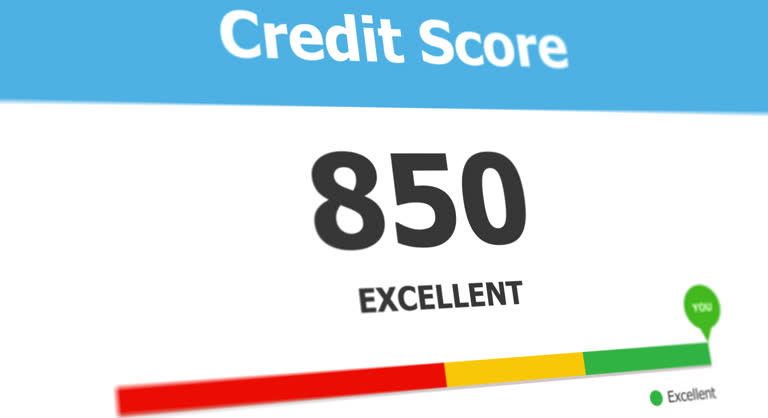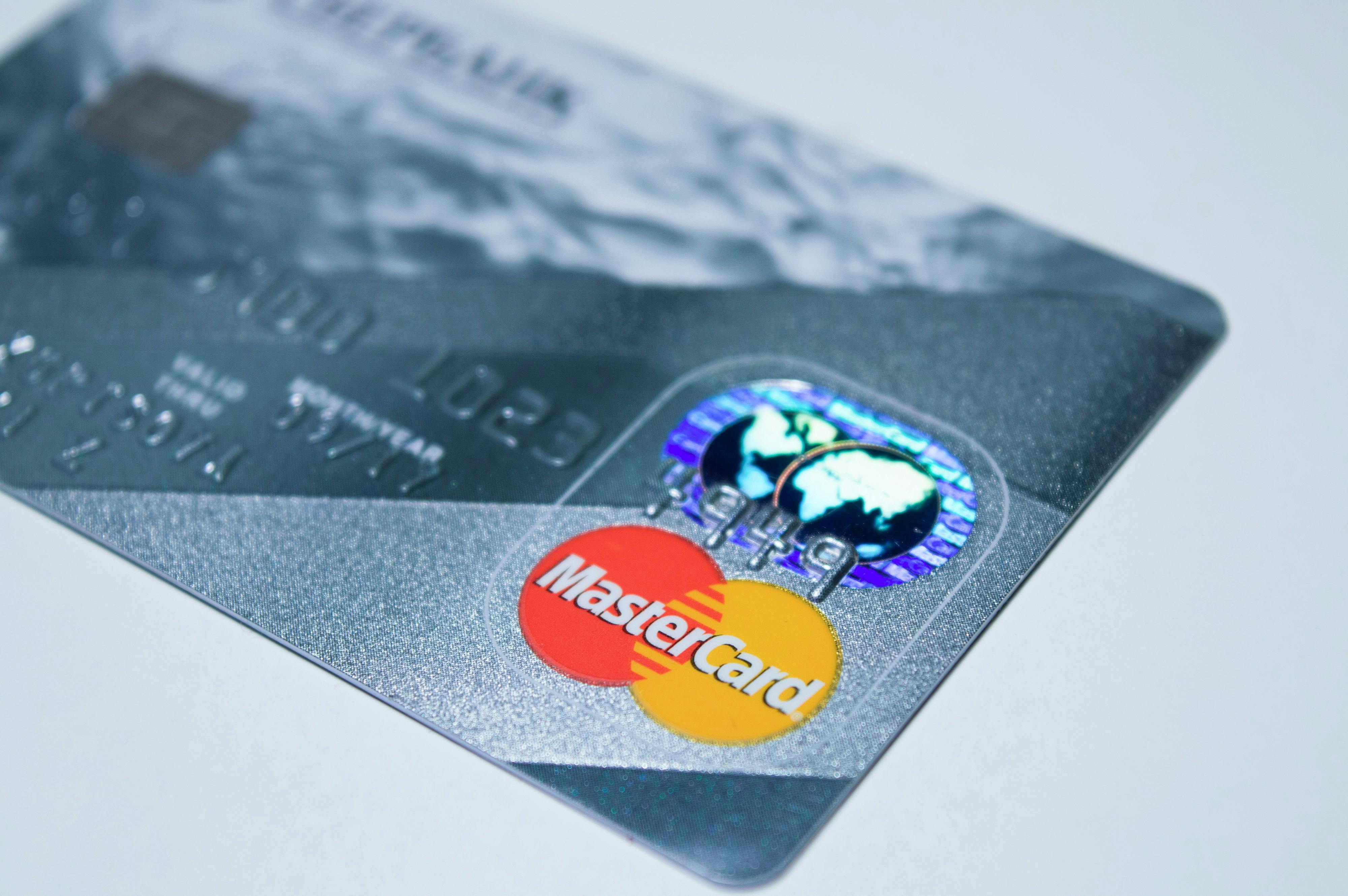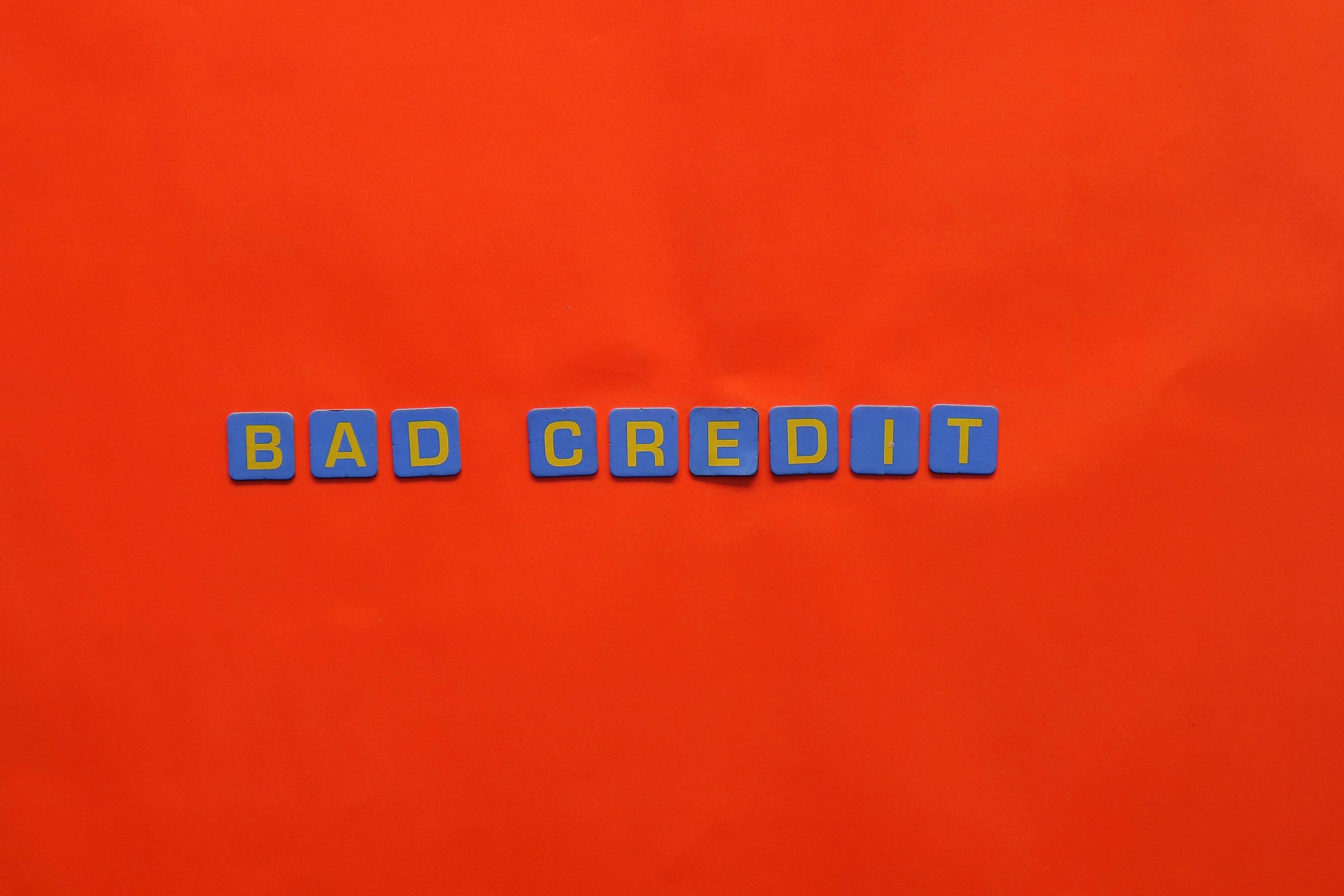Your credit score is one of the most influential numbers in your financial life—but how is it actually formed? While most people assume it’s based solely on how much debt you carry or whether you pay your bills, the real power lies with your creditors and what they report to the credit bureaus.
That’s right—creditors are the gatekeepers of your credit profile, and what they report (or don’t report) can determine whether you get approved for a loan, land your dream apartment, or even qualify for a job.
So, what do creditors have to report to credit bureaus? The answer isn’t as simple as you might think. Let’s explore the hidden intricacies behind credit reporting and why you should be paying very close attention.
Table of Contents
Understanding Credit Reporting
At its core, credit reporting is the process by which financial institutions communicate your borrowing behavior to independent agencies called credit bureaus. These reports form your credit history, which in turn impacts your credit score—a numeric snapshot of your creditworthiness.
But here’s the twist: reporting is voluntary, not mandatory, for most creditors.
Who Are the Major Credit Bureaus?
The big three credit bureaus in the U.S. are:
- Equifax
- Experian
- TransUnion
Each bureau collects, stores, and sells your financial data. They rely on creditors—also known as furnishers—to feed them accurate, timely information.
Do Creditors Have a Legal Obligation to Report?
No, creditors are not legally required to report any data to credit bureaus. However, if they choose to report, the Fair Credit Reporting Act (FCRA) mandates that the information must be accurate and complete.
So, while they don’t have to report, once they do, they’re on the hook for reporting correctly.
What Information Do Creditors Typically Report?

Creditors generally report the following:
- Personal Identifiers (Name, address, SSN)
- Account Type (Credit card, mortgage, auto loan)
- Date Opened
- Credit Limit or Loan Amount
- Current Balance
- Payment History
- Account Status (Open, closed, delinquent)
- Missed or Late Payments
- Collections or Charge-Offs
How Often Do Creditors Report to Bureaus?
Most creditors report monthly, but not on a universal date. Your report may reflect changes at different times depending on the creditor’s schedule.
This discrepancy explains why your score can fluctuate mid-month even if you haven’t taken action.
Do All Creditors Report to All Bureaus?
Not necessarily. Some creditors only report to one or two bureaus, while others report to all three. This can lead to inconsistencies in your credit profile across different bureaus.
It’s one reason why you should check all three reports regularly.
What Creditors Don’t Have to Report
Surprisingly, creditors are not required to report:
- Utility payments
- Rent payments
- Gym memberships
- Payday loans
- Subscriptions
Unless these accounts are sent to collections, they often never appear on your report.
Positive vs. Negative Credit Reporting
Creditors may report both positive (on-time payments, low balances) and negative information (missed payments, defaults). Positive data helps build your score, while negative entries drag it down.
The Role of Furnishers in Reporting
A furnisher is any entity that supplies credit information to a bureau. This includes:
- Banks
- Credit card companies
- Auto lenders
- Mortgage companies
- Collection agencies
They must comply with data furnishing guidelines and FCRA regulations.
What Happens When Creditors Don’t Report?
If a creditor doesn’t report, that account won’t appear in your report. That could be good or bad:
- Good: Late payments or defaults go unreported.
- Bad: On-time payments don’t help build your score.
What is Metro 2 Format?

The Metro 2 format is the industry standard for credit data reporting. Developed by the Consumer Data Industry Association (CDIA), it ensures consistent, machine-readable data across all bureaus.
When Can Creditors Remove Items From Reports?
Creditors can remove items when:
- Errors are found
- A successful dispute is filed
- A goodwill request is granted
- A debt is paid and the creditor agrees to delete it
But negative information generally stays for 7 years.
How Disputes Are Handled by Creditors
If you dispute an item, the credit bureau contacts the creditor to verify its accuracy. They have 30 days to respond. If they fail, the item must be removed or updated.
Impact of Closed or Paid Accounts
Even after an account is closed or paid, it may remain on your report:
- Positive accounts stay for 10 years
- Negative accounts remain for 7 years
They still influence your credit score during that period.
Can You Request Creditors to Report?
You can ask a creditor to start reporting, especially for things like rent or utility payments. While not required, some may accommodate the request or use third-party services.
Does Reporting Help or Hurt Your Score?
It depends on what’s reported. Positive activity builds your score, but missed payments or high utilization can damage it. Consistent, accurate reporting is essential for a stable credit profile.
Collections and Third-Party Debt Reporting

Once a debt is sold to a collection agency, it will likely appear on your report as a collection account—a major red flag for lenders and credit models.
Credit Cards vs. Loans in Reporting
Credit cards are revolving accounts, while loans are installment accounts. Both affect your credit, but high utilization on revolving credit is especially damaging.
Reporting Authorized Users
If someone adds you as an authorized user on their card, their history may show up on your report—helping or hurting you, depending on their behavior.
Missed Payments and Delinquencies
A payment is typically considered late when it’s 30+ days overdue. Delinquencies are categorized by how late they are:
- 30 days
- 60 days
- 90 days
- 120+ days (may be charged-off)
Charge-Offs and Repossessions
A charge-off means the creditor has given up on collecting the debt. It’s a serious derogatory mark that can stay on your report for 7 years.
Repossessions follow similar reporting rules and have severe credit implications.
Settled Accounts and Their Impact
If you settle a debt for less than you owe, it’s reported as “settled” rather than “paid in full.” It’s better than a charge-off but still reflects negatively.
The 30/60/90 Day Late Cycle
As mentioned earlier, the longer your payment is overdue, the worse the impact. A 90-day delinquency is a serious blow to your credit score.
Identity Theft and Fraudulent Reports
If someone opens an account in your name, it may show up in your report. Regular monitoring and fraud alerts can help you catch and resolve such issues.
How to Monitor Your Credit Report
- Use free services like AnnualCreditReport.com
- Set up alerts via Experian, Credit Karma, or MyFICO
- Check reports from all three bureaus
- Review details monthly
FAQs
Are creditors required by law to report to all bureaus?
No, reporting is voluntary and varies by creditor.
How long do negative items stay on my credit report?
Typically 7 years for negative marks like missed payments or collections.
Can I remove a late payment from my report?
Sometimes, with a goodwill letter or dispute if the report is inaccurate.
Why is one bureau showing different data?
Not all creditors report to all bureaus, causing discrepancies.
How often is credit information updated?
Most creditors update once a month, but timing can vary.
Does closing an account stop it from being reported?
No, it still remains on your report for up to 10 years.
Conclusion
Understanding what creditors have to report to credit bureaus puts you in control of your credit destiny. While creditors aren’t required to report everything—or anything at all—they must be accurate if they do. That means the burden is on you to monitor your reports, catch mistakes, and use credit strategically.
Stay informed, dispute inaccuracies, and engage wisely with your creditors. Because in the credit world, what gets reported, gets remembered.


